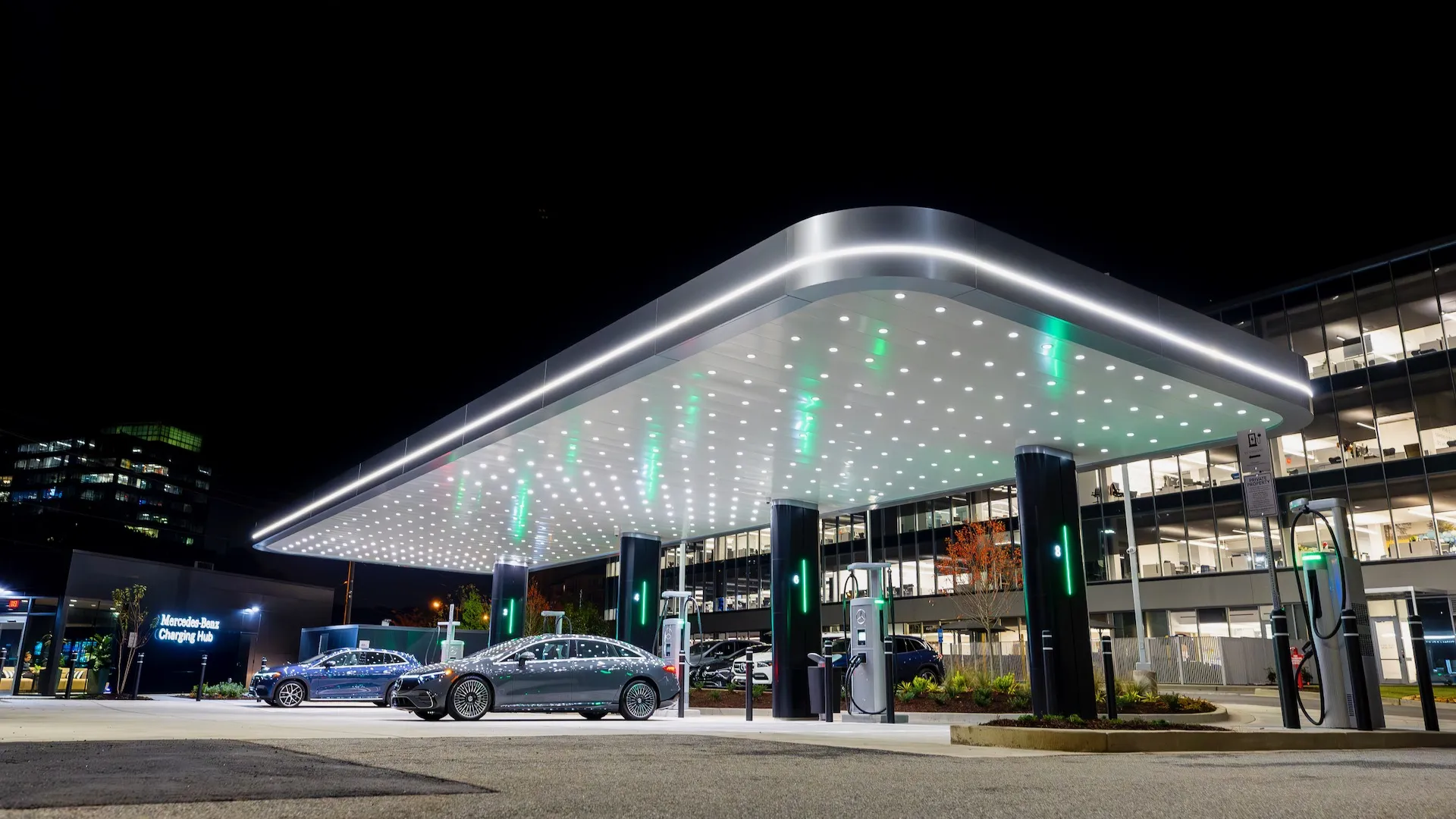In a year of Nürburgring lap record, over 20 newly set acceleration and braking records and notable drag race wins against top-tier motorsport machinery, the Rimac Nevera has conquered everything. So, to round off the year with a bit of fun, the team decided to start breaking records going backwards…
Back in 1967, the Lamborghini Miura became the fastest production car in the world, using the full might of its V12 engine to become the first to nudge through the 170mph barrier. Fast forward several decades and the Rimac Nevera has just achieved the same speed… but driving backwards.
Witnessed by Guinness World Records and verified using data measured by Dewesoft, the Nevera now officially holds the GUINNESS WORLD RECORDS title for the fastest speed in reverse. Hosted at the Automotive Testing Papenburg facility in Germany, the Nevera returned to the place where – earlier this year – it had broken more than 20 acceleration and braking records in a single day, as well as the site of its record-breaking top speed run to 256mph (412km/h). Finished in the Time Attack Edition livery worn during earlier record-breaking runs – available to just 12 customers globally – the Nevera was driven to a top speed of 171.34mph (275.74km/h).
Unlike an internal combustion engine car, or even some electric cars, the drivetrain of the Nevera has no gears – the four individual motors either go backwards or forwards but it’s always one relentless wall of acceleration right the way from standstill. That means that the same powertrain capable of delivering 0-100mph in 3.21 seconds or 0-200mph in just under 11 seconds forwards could also deliver similar earth-shattering performance travelling backwards.
“It occurred to us during development that Nevera would probably be the world’s fastest car in reverse, but we kind of laughed it off. The aerodynamics, cooling and stability hadn’t been engineered for travelling backwards at speed, after all. But then, we started to talk about how fun it would be to give it a shot. Our simulations showed that we could achieve well over 150mph but we didn’t have much of an idea how stable it would be – we were entering unchartered territory,” said Matija Renić,
Nevera Chief Program Engineer, Bugatti Rimac.
“On the run itself, it definitely took some getting used to. You’re facing straight out backwards watching the scenery flash away from you faster and faster, feeling your neck pulled forwards in almost the same sensation you would normally get under heavy braking. You’re moving the steering wheel so gently, careful not to upset the balance, watching for your course and your braking point out the rear-view mirror, all the while keeping an eye on the speed. Despite it being almost completely unnatural to way the car was engineered, Nevera breezed through yet another record,” said Goran Drndak Rimac Test Driver.
In July at the 2023 Goodwood Festival of Speed, the Nevera set a 49.32 second time during the timed Supercar Shootout, making it not just the fastest production car to have taken on the famous hillclimb. In August, the Nevera took to the Nordschleife to break the previous EV production lap record, beating it by 20 seconds on its debut at the famous and ever-challenging track. The record-breaking lap, driven by Croatian racing driver Martin Kodrić, was undertaken using Michelin Cup2R tires, and verified by independent timing data, TÜV SÜD and on-board telemetry.
Each of these record-breaking achievements was undertaken by a Nevera in Time Attack livery, which was launched officially in a limited run of just 12 at The Quail, A Motorsports Gathering in August. The Time Attack’s bespoke paintwork was designed in-house and hand-applied to create a striking combination of Squadron Black and Lightning Green highlights. This bespoke shade of Lightning Green is inspired by a peculiar weather phenomenon that happens before a storm, when charged ionized particles give the sky a beautiful, powerful vivid green hue. The color is also a direct homage to the e-M3 – Mate Rimac’s converted electric BMW 3 Series that was independently verified by the FIA in 2012 as the fastest accelerating electric vehicle in the world at the time. It also happened to be Rimac’s first ever record breaker, setting five separate Guinness World Records.










